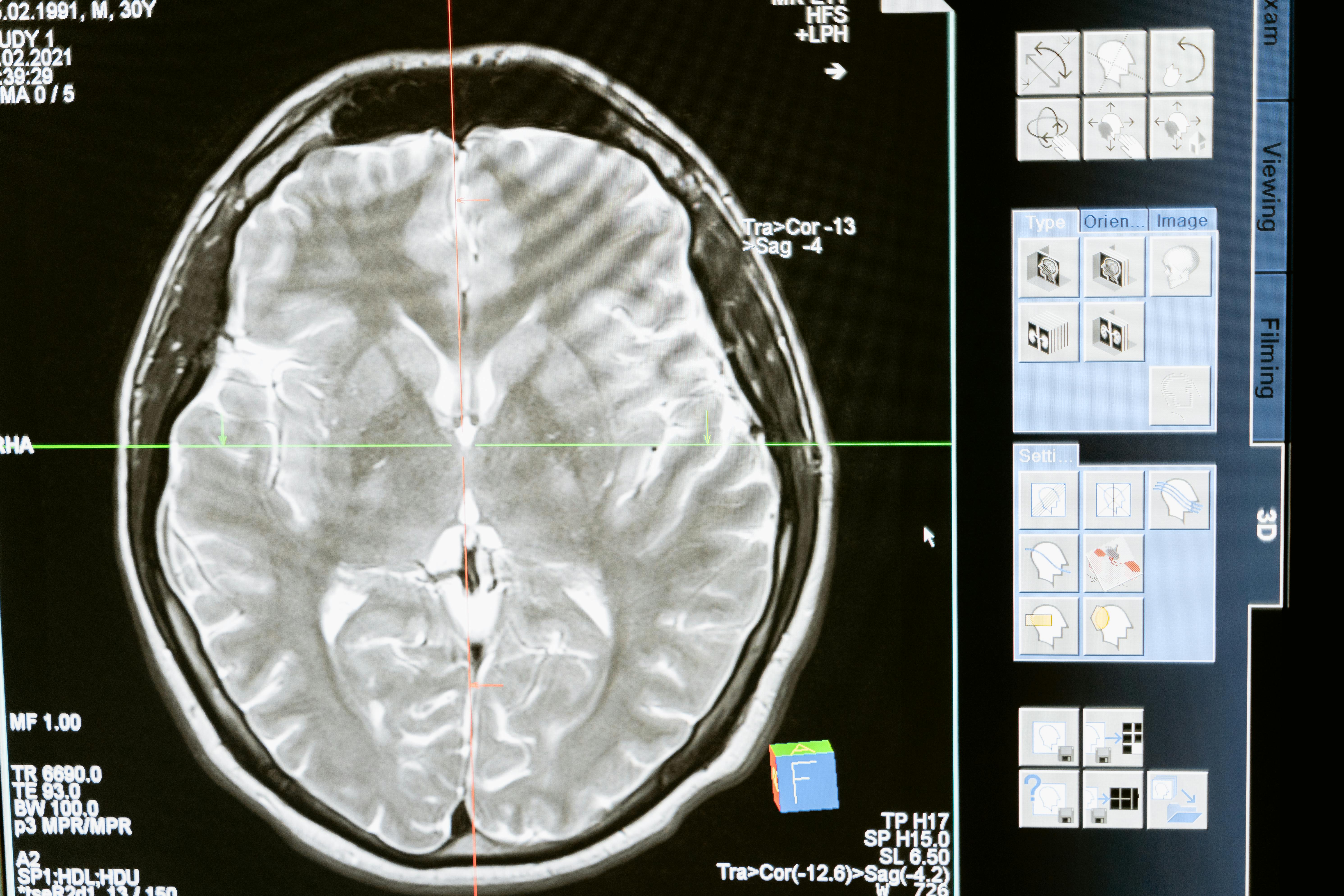AI x Clinical Benchmarking
A major AI lab was preparing to launch healthcare products but lacked confidence in clinical performance. Their foundation model passed standard medical benchmarks but failed unpredictably on:
- Medically complex, multi-turn patient conversations
- Edge cases across specialized domains (pediatrics, oncology, nuclear medicine)
- Nuanced clinical judgment requiring empathy and appropriate emergency referrals
Without quantifiable metrics for open-ended medical responses and clear visibility into model vulnerabilities, they couldn't deploy with confidence.
Our Approach:
01 - Clinical Benchmark Design: Collaborated with 10-20 specialist physicians to create multi-turn conversation scenarios reflecting real clinical complexity. Developed detailed rubrics measuring medical accuracy, clinical empathy, and appropriate escalation protocols.
02 - Systematic Gap Analysis: Tested the foundation model against clinical ground truth. Categorized failure modes by specialty, conversation depth, and error type. Identified specific weaknesses invisible to standard benchmarks.
03 - Targeted Dataset Development: Built custom training datasets focused on identified failure modes. Each sample included prompt, model response, expert-validated "golden" response, and per-turn scoring rubric.
04 - Human-in-the-Loop Refinement: Physician network provided iterative feedback on model outputs. Continuous validation ensured improvements transferred to real clinical scenarios, not just benchmark performance.

Key Takeaway:
"Standard medical benchmarks test what's easy to measure, not what matters clinically. We designed evaluation frameworks that revealed real vulnerabilities—then built the infrastructure to address them systematically."


